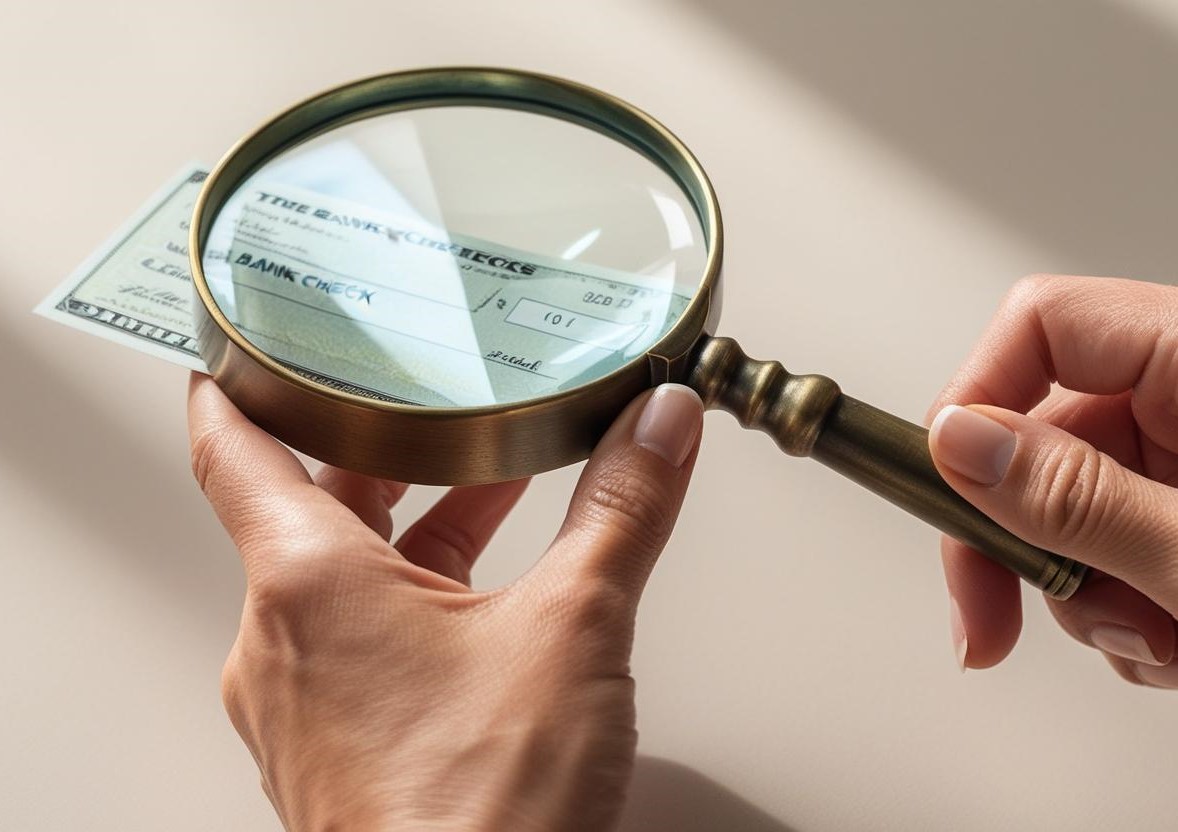
Paying Your Taxes Safely: Leveraging IRS Direct Pay to Mitigate Fraud Risks
Tax season can be stressful, but navigating the payment process shouldn’t add to your worries. In a recent opinion piece in the Wall Street Journal (linked below), the author provides real-life insight into the insidiousness of bank fraud and check tampering, as well as the difficulty in chasing down answers – and money – after the fact.
Ensuring your tax payments reach the IRS securely is paramount; and according to the IRS, the optimal way to pay your taxes is by using IRS Direct Pay, a secure and efficient electronic payment option.
Understanding IRS Direct Pay
IRS Direct Pay is an electronic funds withdrawal system that allows you to pay your taxes directly from your checking or savings account. This method eliminates the need to mail checks, reducing the risk of lost or stolen payments. You can also pay via credit card, for a fee.
Why Choose IRS Direct Pay?
- Security: Direct Pay minimizes the risk of check fraud and theft.
- Speed: Funds are typically credited to your IRS account within one business day.
- Convenience: Pay from the comfort of your home or office at any time.
- Accuracy: Reduces the risk of errors associated with manual check writing.
- Confirmation: You receive immediate confirmation of your payment.
- Scheduling: Set up payments to debit on a specific day to avoid missing deadlines
How to Use IRS Direct Pay
Using Direct Pay is simple:
- Visit the IRS Website: Go to the official IRS website (irs.gov) and navigate to the “Payments” section. Link here.
- Select Direct Pay: Choose the “Direct Pay” option.
- Provide Your Information: You will need to provide your Social Security number or other taxpayer identification number, filing status, and tax year.
- Enter Payment Information: Input your bank account routing number and account number.
- Review and Submit: Double-check all the information you’ve entered and submit your payment. You will receive a confirmation number for your records.
Creating an IRS Account
You can use Direct Pay as a guest without logging in. However, we would encourage you to set up an IRS account. By setting up your account you will have more functionality, as well as visibility to all of your records:
View tax records
- Key data from your most recently filed tax return, including your adjusted gross income, and access transcripts or tax compliance report
- Check your refund
- Digital copies of certain notices from the IRS
- Information about your Economic Impact payments
- Information about your advance Child Tax Credit payments
- Your audit status (currently available for certain audits conducted by mail)
Make and view payments
- Make a payment from your bank account or by debit/credit card
- View 5 years of payment history, including your estimated tax payments
- Schedule and cancel future payments
- View pending and scheduled payments
View or create payment plans
- Learn about payment plan options and apply for a new payment plan
- View and revise details of your existing payment plan
View your balance
- View the amount you owe and a breakdown by tax year
Manage your profile preferences
- Go paperless for certain notices
- Get email notifications for new account information or activity
- Get an Identity Protection PIN (IP PIN)
View tax professional authorizations
- View any authorization requests from tax professionals
- Approve and electronically sign Power of Attorney and tax information authorization from your tax professional
In a world where fraud is increasingly prevalent, choosing the safest payment methods is crucial whether you are paying taxes or just monthly household bills. By embracing electronic payment methods like IRS Direct Pay, taxpayers can significantly reduce their exposure to fraud and ensure the timely and secure payment of their taxes.
Link to Wall Street Journal opinion piece dated 12/29/2024
As always, we are here to help as the tax season approaches. You can reach our tax department at 404-255-7400 or via email by contacting Bobby Hoffman or Amy Reeves.
Author
Recent Posts
Unmarried? Estate Planning is Even More Important for You
Are You A Digital Nomad?
Recent H&A Tax Controversy Wins
All Categories
Get a Free Consultation
Call us today to discuss your issue.



